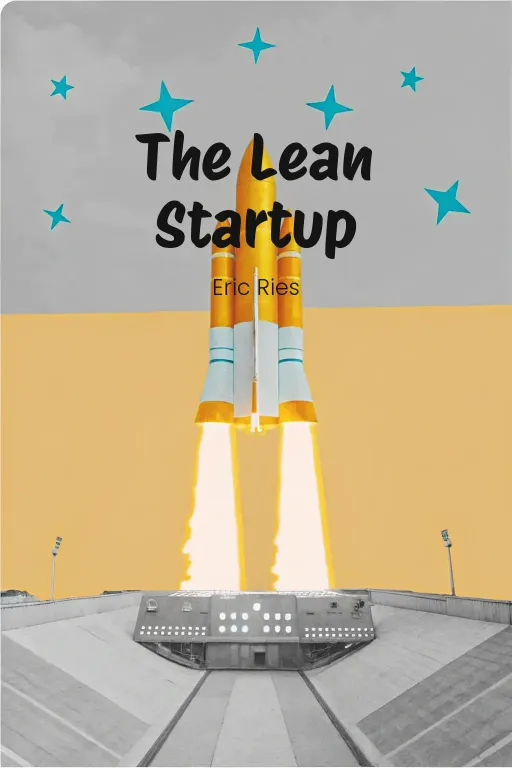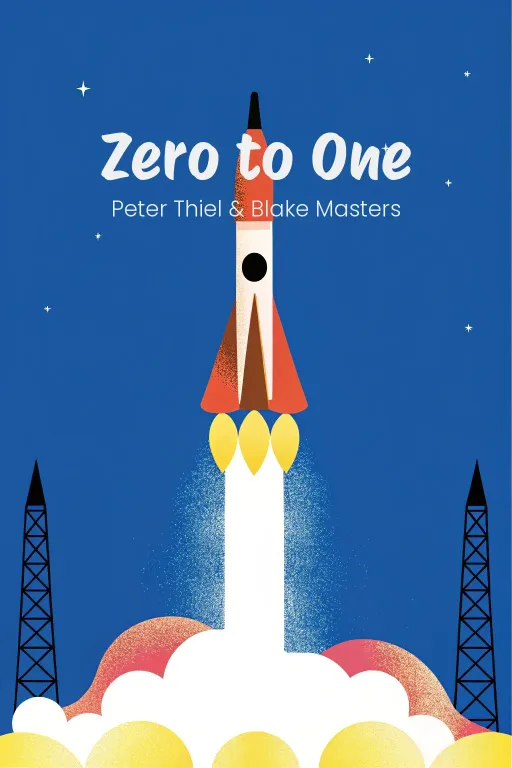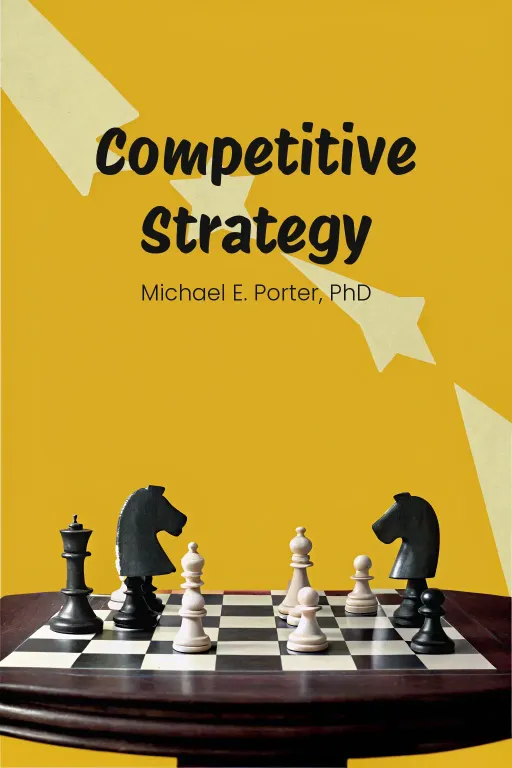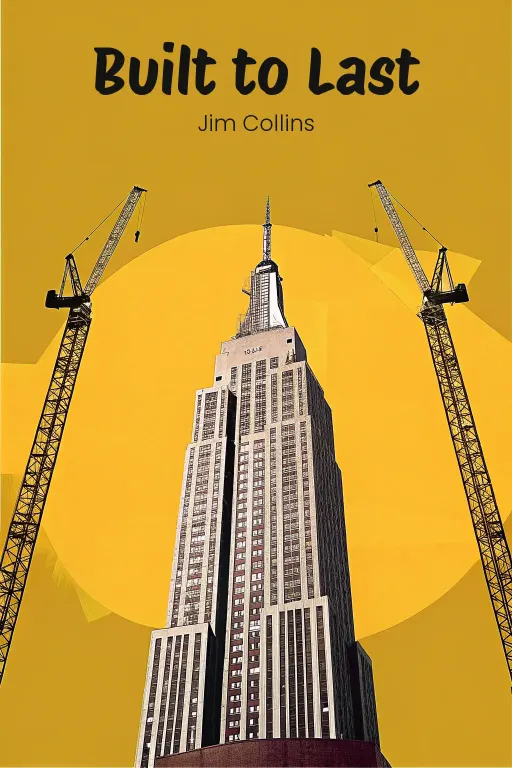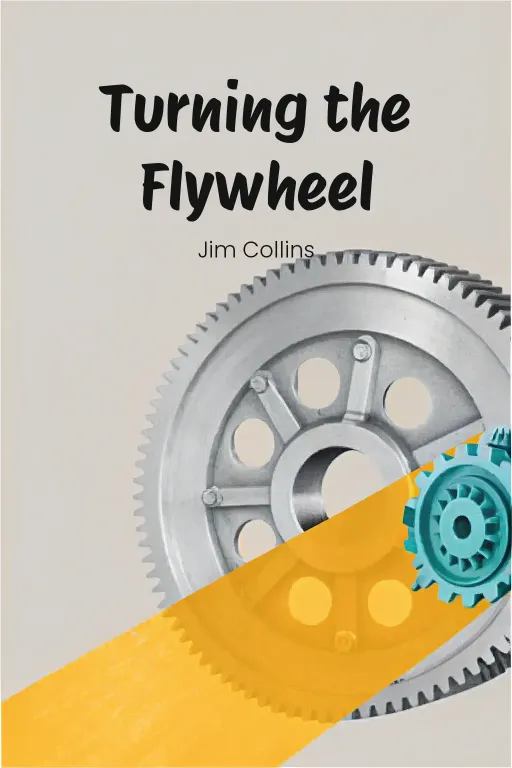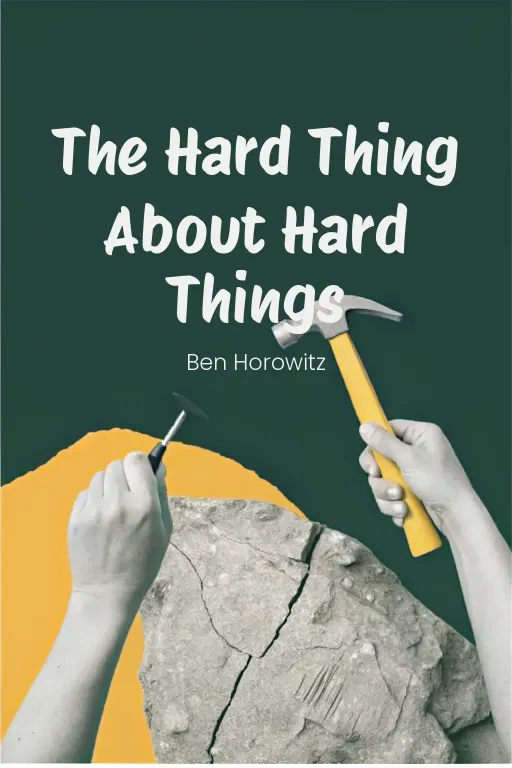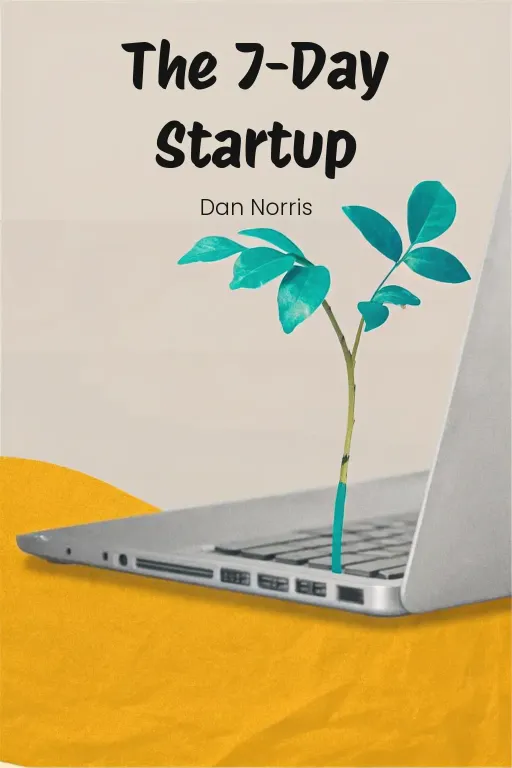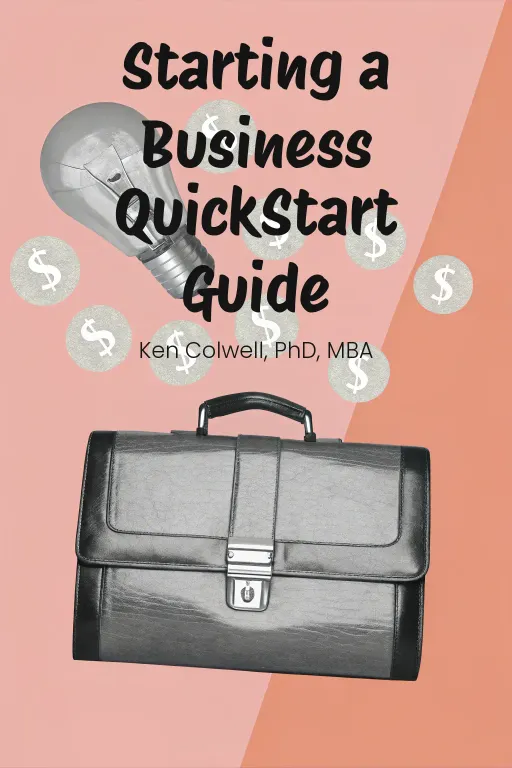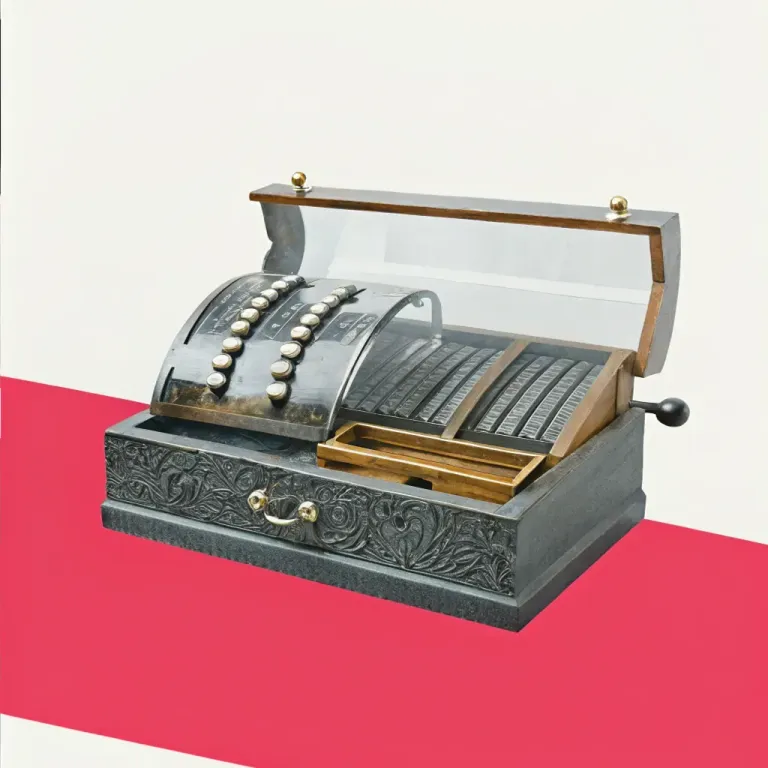
Amazon's Empire: Genius or Cutthroat?
Podcast by Let's Talk Money with Sophia and Daniel
Jeff Bezos and the Age of Amazon
Amazon's Empire: Genius or Cutthroat?
Part 1
Daniel: Hey everyone, welcome back! Today, we're diving deep into the Amazon story – you know, that company that basically runs our lives these days? Sophia: Runs, reshapes, maybe even slightly terrifies us with its reach. Seriously, from instant deliveries to cloud services, Amazon's everywhere. And it all started with Jeff Bezos selling books online. Talk about a glow-up, right? Daniel: Totally. And that's exactly what The Everything Store: Jeff Bezos and the Age of Amazon is all about. It’s a super interesting look at Bezos's sheer drive and how he turned this bookstore into… well, everything. It covers all those crazy pivots Amazon made – e-readers, cloud computing, the whole shebang – and digs into the strategies and culture that made it all possible. Sophia: Possible, and let's be real, a little controversial. So, we're going to unpack this story in three parts. First, Bezos's vision – this crazy idea that obsessing over customers would lead to total domination. Then, we'll get into Amazon's culture – was it genius, or just plain cutthroat? And finally, we'll talk about the legacy. Innovation’s great, but what about the control and, you know, the controversies? Daniel: Exactly! Three different angles on this incredible journey. How Bezos made his big ideas happen, the cost of keeping that momentum going, and what Amazon’s success “really” means for all of us, not just the people buying stuff. Let's get into the story behind, well, “the” everything store. Sophia: Or at least “tries” to be.
Visionary Leadership and Innovation
Part 2
Daniel: Right, so, picking up where we left off, let's really dive into the engine that drove Amazon: Jeff Bezos's core vision. Amazingly, it all started with a single data point—internet growth at 2,300 percent annually. For Bezos, this wasn't just a trend; it was a major shift, a wide-open space for entrepreneurship. And he jumped on it, leaving his comfortable Wall Street job to start… of all things, an online bookstore. Sophia: A bookstore? That sounds almost… quaint now, doesn’t it? But seriously, why books? Was it a love of literature, or more about practicality dictating the decision? Daniel: More the latter, definitely. Books were universal, standardized, and provided a straightforward way into e-commerce logistics. But the bookstore was never the end goal. It was a deliberate starting point to realize a bigger vision: turning Amazon into “the everything store.” Bezos knew books would bring in customers, and he also saw the online world as limitless—a stark contrast to the constraints of physical retail. Sophia: So, right from the start, Bezos was thinking big. And I “really” like that "regret-minimization framework" he used to justify leaving Wall Street. It’s so… Bezos. Methodical, almost mathematical. Daniel: It really is. For Bezos, the question was simple: decades later, would he regret not jumping into this rapidly growing space? The answer was a clear yes. That framework became his decision-making guide, showing his ability to think long-term while still making bold moves. Sophia: "Bold" is one word for it. Startups were failing even back in the '90s, but Bezos ignored the odds to build a company that wasn’t just new but transformative. Let’s talk about one of those early transformations—customer reviews. It’s a perfect way to see how his mind worked. Daniel: Absolutely. Customer reviews might seem obvious now, but in the late 90s, they were revolutionary. Retailers controlled the narrative around their products back then; the idea of giving that control to customers was unheard of. But Bezos saw it differently. He believed that empowered customers would build loyalty and trust—even if some reviews weren’t great. Sophia: Right, and it’s almost a paradox. What seller willingly allows negative feedback on their products right next to the "Add to Cart" button? It’s like opening your pool and letting everyone comment on the water temperature. Daniel: But for Bezos, it wasn’t a paradox; it was strategic. Reviews created a transparent environment where customers felt valued and respected. Plus, those insights enriched the shopping experience. They weren’t just moving products—they were building a community. Sophia: Speaking of community, Amazon went even further with the "associates program," right? Letting third-party websites send traffic to Amazon for a commission? That’s pretty clever. Daniel: Clever or genius? It wasn’t just about driving traffic. It democratized e-commerce, in a sense. Niche bloggers, small content creators—they all found a way to make money by partnering with Amazon. It wasn’t just about market share; it was about building an online ecosystem where everyone benefited, with Amazon as the central hub. Sophia: Agreed. But if we’re talking transformative, nothing beats AWS—Amazon Web Services. Daniel, doesn’t it feel like this was Bezos’s ultimate "big brain" moment? Transforming Amazon from a retailer into… well, the backbone of the modern internet? Daniel: Completely. AWS started out of necessity—trying to manage their own infrastructure—but Bezos saw the business potential way beyond Amazon's own needs. With S3 and EC2, he solved a common problem for businesses: scaling without huge upfront costs. It allowed startups to compete with big companies, leveling the playing field in the digital economy. Sophia: This is where I get a bit conflicted, though. You have startups like Airbnb and Lyft thriving because of AWS—they didn’t need to worry about servers or huge IT teams. But, is it really leveling the field if one giant company is holding everything up? Doesn’t that just shift dependency? Daniel: It's a valid point, but think about it this way: before AWS, startups faced massive barriers to entry. With AWS, they suddenly had access to enterprise-level tech on a pay-as-you-go basis. It’s hard to overstate how much that opened up opportunities for innovation. Sophia: Okay, I’ll give you that Bezos has a knack for seeing what a market needs before it even knows it. Which leads us to another turning point—one that “really” affected people’s lives and bookshelves: the Kindle. Daniel: Oh, the Kindle revolution. Bezos didn’t just want to sell books; he wanted to change how we read them. The Kindle reimagined what a library could be—portable, affordable, and easily accessible. It wasn’t just convenient; it created a new digital landscape for readers. Sophia: Right, but let’s not forget the chaos it caused in publishing. That $9.99 price point for e-books? Great for consumers, but publishers panicked, probably thinking Bezos was trying to destroy them. Daniel: True, it was a bold move, but Bezos was playing the long game. Affordable prices sped up e-book adoption, cementing Amazon’s dominance in the market. And despite some initial pushback, publishers eventually couldn’t ignore Amazon’s reach and scale. Sophia: For me, though, the Kindle isn’t just about tech—it’s about leverage. Bezos didn’t just build products or ecosystems; he built influence. Whether it was publishers, customers, or small businesses, everything came back to Amazon. Daniel: And that leverage extended to what became a defining strategy: the "long tail." Bezos’s idea of infinite shelf space flipped traditional retail on its head. By offering rare or niche products that regular stores couldn’t justify stocking, Amazon appealed to customers looking for the obscure and unique. Sophia: Like someone searching for “lichens.” The fact that Bezos wanted to meet those needs at all costs is both funny and admirable, honestly. Daniel: Exactly. It showed his extreme focus on customer satisfaction. Amazon wasn’t just a platform; it was the first truly limitless marketplace. Sophia: So, big vision, constant innovation, and some underdog charm early on. But, Daniel, I can’t shake this feeling… Was it all a bit too perfect in the beginning? Because every meteoric rise has its challenges.
Corporate Culture and Operational Challenges
Part 3
Daniel: That's a really insightful point, Sophia. This relentless pursuit of innovation inevitably brought challenges, especially when scaling to such an enormous size. And that's where things get “really” interesting, right? Amazon's internal culture, operational goals – meticulously designed by Bezos – were both the engine of its success and a source of considerable friction. Let's dig into it through the lens of corporate culture and the operational challenges they faced. This way, we can “really” see how Amazon's internal workings fueled its external achievements, but also understand the criticisms it attracted. Sophia: So, are we diving headfirst into the core of the Amazon beast, Daniel? Because if there's one place that "obsession with results" mantra of Bezos' truly plays out, it's in how the company treats people, both internally and through its systems, wouldn't you agree? Daniel: Absolutely, Sophia. Let's start with Bezos himself, because his leadership style “really” became Amazon’s DNA. He demanded extraordinarily high standards, setting them in ways that both empowered and, frankly, terrified employees. His feedback could be incredibly direct, even brutal. I mean, there's that story where he supposedly asked after a presentation, "Are you lazy, or just incompetent?" Sophia: "Brutal" is putting it mildly! Can you imagine going to work knowing your boss might drop that kind of "direct communication" on you? It’s motivating, sure, but also…a massive stress inducer, right? Daniel: Definitely, Sophia, but there was a method to his madness, this peculiar ability to dissect proposals and conversations, pointing out their tiniest flaws. And even when he wasn’t an expert, he'd pinpoint weak points with surgical precision. That attention to detail, however intense, did push employees to “really” go above and beyond. Bruce Jones even called those moments equal parts inspiring and overwhelming. Sophia: Equal parts grit and existential dread, you mean. So, let’s pause and unpack this a bit. Is this style truly effective leadership, or does it cross over into something toxic? Some folks might thrive under that level of scrutiny, but others? Burnout feels almost inevitable. Daniel: That's the paradox of Amazon's culture. Bezos wasn’t there to coddle. He was there to achieve excellence, and if you couldn’t adapt, you either left or you evolved. The harshness often spurred innovation, but it's also what gave Amazon its reputation as a pressure cooker. Sophia: And that culture wasn’t only about giving super direct feedback, right? Bezos also had a knack for overturning corporate traditions. I mean, the man was famously allergic to PowerPoint. Swapping bullet points for six-page narratives? That's a pretty bold move. Daniel: Bold, yes, and it reshaped communication at Amazon. Bezos felt that PowerPoint stripped away nuance and critical thought. Instead, employees had to write thorough, structured narratives that “really” explored their ideas in depth. Meetings would start with absolute silence while everyone read these memos for, like, 15–30 minutes. Sophia: You can almost hear the collective groans of employees being thrown back into their high school English classes. Writing six pages before every major meeting? It may not be the most uplifting team-building exercise, huh? Daniel: True. Not everyone was a fan. Those with strong technical skills but weaker writing skills often found the system frustrating. But Bezos saw it as a way to ensure clarity and deep preparation. It forced teams to think comprehensively about their ideas before any discussion even began. Sophia: Okay, devil’s advocate time. Was this narrative obsession “really” about quality, or was it also about control? I mean, sure, it drives focus, but doesn’t it also risk boxing people into Bezos’s very structured way of thinking? Daniel: That’s definitely one way to interpret it. But it's hard to argue with the results, Sophia. Structured narratives became integral to Amazon's disciplined problem-solving. A lot of people credit that rigor to Amazon's ability to solve complex challenges quickly. Sophia: Speaking of solving problems quickly, let’s dig into the infamous "two-pizza team," shall we? Because nothing screams “corporate efficiency” quite like measuring your team size by how much food they can consume! Daniel: You're not wrong! But the concept itself is actually worth exploring. Bezos wanted Amazon to stay nimble, even as it scaled. So, he pushed for small teams – ideally eight to ten people, just small enough, theoretically, to be fed with two pizzas. This wasn’t just quirky branding, it was rooted in enabling autonomy. Teams were empowered to own specific areas, innovate without having to navigate layers of corporate bureaucracy. Sophia: Autonomy is great in theory, but what happens when these teams start stepping on each other's toes? I read that some teams spent more time arguing over metrics than actually improving, let's say delivery times or product features. Doesn’t that kind of undermine the whole “streamlined efficiency” vibe? Daniel: It did lead to friction at times, yes. Defining performance metrics – or "fitness functions," as Amazon called them – wasn't always straightforward. Teams had to be crystal clear on how success was measured. And disagreements weren't uncommon. Still, the two-pizza team structure did help Amazon stay agile, which proved crucial with the company branching into diverse fields like logistics and cloud services. Sophia: Fair enough. But then there's the not-so-pretty side of operational efficiency, especially in those warehouses. Daniel, let's talk about the fulfillment centers where productivity feels like it's measured by an odometer, you know? Daniel: Oh, the fulfillment centers. They’re foundational to Amazon’s success, but also emblematic of its most significant criticisms. The company implemented surveillance systems and set incredibly strict productivity goals that often left workers feeling like cogs in a machine. The point-based discipline system, for example, could lead to terminations for something as minor as being slightly late. Sophia: It gets even worse when you consider “real” incidents, like that heatwave that caused workers to collapse in uncooled warehouses! And the optics on that were just catastrophic. Amazon eventually installed AC, but why did it take so much public outcry? Daniel: Exactly! The delayed response reinforced the perception that Amazon prioritized operational efficiency over its employee well-being. And it wasn’t just limited to the warehouses – corporate employees often faced similar pressures, largely due to Bezos’s customer-first mantra. Super high expectations and tight deadlines created a trickle-down effect of relentless stress. Sophia: And let's not forget the growing unionization debates! For all this talk about operational success, the resistance to unions has been…robust, shall we say? Amazon employees voiced concerns about wages and working conditions, but every time unionization gained traction, it seemed the company had a counter-strategy ready to go. Daniel: The anti-union stance highlights a deeper tension, Sophia: that balance between maintaining control and addressing legitimate worker grievances. On the one hand, Amazon's rigorous systems drive excellence. On the other, they amplify the concerns about worker exploitation and ethical boundaries. Sophia: So, while Bezos’s high standards built Amazon into what it is today, it’s pretty clear that those same ambitions came at a significant cost – not just to the workers, but to the company’s overall reputation.
Legacy and Broader Impact
Part 4
Daniel: Understanding Amazon's internal workings “really” gives us perspective on Bezos's leadership. But to “really” understand his legacy, Sophia, we have to look at Amazon's larger impact on the world. This is where things get “really” complex – innovation, ethical questions, and big societal changes all mixed together. We need to reflect on Bezos and Amazon’s lasting influence, balancing their contributions with the ethical and social dilemmas they've brought about. Sophia: A legacy of wins and worries, huh? Amazon's become synonymous with convenience, but it's also a magnet for debates about monopolies, labor practices, the whole shebang. Let's start with Amazon's groundbreaking innovations. I mean, for better or worse, Bezos has changed almost everything about how we shop, right? Daniel: Absolutely, and Amazon Prime is a prime example—pun intended! It’s more than just a shipping subscription, it's an entire ecosystem, a lifestyle. When Prime launched in 2005, Bezos wasn't just promising speed; he was building unprecedented customer loyalty. Two-day delivery was just the start. Add streaming, shopping deals, and suddenly, you're deeply embedded in Amazon’s world. Sophia: It’s like a convenience black hole. Once you're in Prime's orbit, going back to old-school shopping feels… well, inconvenient. And Bezos didn’t stop there. Look at the Kindle. That little gadget reshaped how we think about books! Daniel: Exactly! The Kindle wasn't just a device; it made a statement, empowering consumers while shaking up the publishing industry. By offering e-books at $9.99, Bezos disrupted the traditional pricing of paperbacks and hardcovers. He didn't just want to sell devices; he wanted to control the digital book market. Sophia: But that price war definitely left some casualties. Publishers weren't exactly thrilled about having their business models turned upside down, were they? I remember hearing accusations that Amazon was turning books into mere commodities, reducing their cultural value to something an algorithm spits out. Daniel: It's a valid point. The Kindle gave authors, especially independent ones, unprecedented access to readers through things like Kindle Direct Publishing, leveling the playing field. But on the flip side, Amazon used its market power aggressively, dictating terms to publishers who felt trapped. Amazon built this ecosystem, but it came with a lot of control – over pricing, visibility, and the relationship between creators and consumers. Sophia: Sounds like a chess game where Amazon’s always playing the king, and everyone else is either a pawn… or an opponent, like Barnes & Noble. Honestly, Daniel, that rivalry was like an underdog trying to outsmart a giant. Spoiler: it didn’t end well for the underdog. Daniel: Exactly. Back in the late 90s, Barnes & Noble launched its own online store to fight back against Amazon. But Bezos, the strategist, was already thinking bigger. He diversified Amazon’s inventory beyond books to music, electronics, everything. While Barnes & Noble focused on physical stores, Amazon was building a digital marketplace with nearly limitless access for consumers. Sophia: Limitless, indeed. Bezos basically made "the everything store" a reality. But, Daniel, there's a darker side to this innovation, right? Look at smaller competitors who got crushed by Amazon Daniel: You're talking about Amazon's market dominance and accusations of stifling competition – and you're right. Smaller businesses often struggled to compete with Amazon's prices and reach. Customers benefited from those prices, but critics argued it squeezed out competition, leading to an unbalanced market. Add in practices like exclusivity deals or undercutting rivals, and the debate over Amazon’s monopolistic tendencies gets even bigger. Sophia: And what about the impact on local economies? It’s not just about big companies; it’s about local shops, regional businesses—the fabric of local trade—disappearing. Daniel: That's where Amazon’s global reach becomes both a strength and a weakness. Take Amazon India, for example. It brought new opportunities online, connecting merchants with global customers. But local sellers complained that Amazon’s scale allowed it to consistently undercut their prices, slowly pushing smaller businesses out. Sophia: Exactly. And what about Amazon’s role as an employer? We talked about job growth earlier, but Daniel, let’s not forget the controversies. Between heatwave incidents and reports of union-busting, it’s hardly a model of good labor practices. Daniel: That's true. Amazon's fulfillment centers often represent that tension. They're logistical marvels, the backbone of its promise for speed and reliability. But they’re also flashpoints for ethical concerns, with reports of demanding conditions, relentless productivity goals, and strict disciplinary systems. Sophia: The hypocrisy feels hard to ignore. Bezos talked so much about customer obsession, but it seems like there's less focus on employee well-being. When labor strikes and union efforts keep popping up, doesn't that suggest there are underlying issues Amazon’s not willing to address? Daniel: It definitely highlights a core conflict in Bezos's leadership. His focus on customer satisfaction and efficiency revolutionized commerce, but it often overlooked the human cost – the toll on workers in Amazon's relentless pursuit of speed and scale. Sophia: So, while Bezos’s legacy has a bright side – innovation, convenience, profits – it casts a long, complicated shadow, too. There are questions of monopolies, worker exploitation, environmental issues… the list goes on. Daniel: And maybe that’s the paradox of Bezos’s leadership, Sophia. His achievements have undeniably transformed global commerce, but they also force us to confront some uncomfortable questions about the true price of progress.
Conclusion
Part 5
Daniel: Wow, Sophia, what a ride it's been! We've really dug into the story of Jeff Bezos and Amazon, from his crazy vision and never-ending push for innovation to all the controversies that, well, made Amazon what it is. He didn't just change e-commerce with that whole customer obsession thing and, like, unlimited inventory, but he also basically built entire ecosystems like AWS and Kindle. Honestly, he didn't just dream about the future—he went out and built it. Sophia: Totally, Daniel. But you know, along with all the wins, we can see how Amazon's super-fast growth and focus on being efficient came with a price tag. Take employee stress, the pressure on smaller businesses, or even the “really” sticky ethical questions about having too much power. Bezos's story isn't some simple hero's journey; it's as complicated as the company he built. Daniel: Precisely, Sophia. And that leads us to the big lesson here: Amazon's a perfect example of ambition, creativity, and the compromises that come with getting ahead. No matter if you see it as a model for innovation or a warning about too much power, it “really” makes you think hard about what we're willing to give up for progress. Sophia: So, here’s a question to chew on: As shoppers, innovators, or even just people with opinions, what role do we play in shaping what companies like Amazon become? Are we just watching from the sidelines, or do we actually have a say in how far these big companies can go? Daniel: Definitely something to think about, right? Thanks for joining us as we unpacked all the different layers of Bezos’s “everything store.” Until next time, stay curious, and keep questioning everything! Sophia: And maybe grab a couple of pizzas while you're at it. You never know when inspiration—or a small team meeting—might hit.
